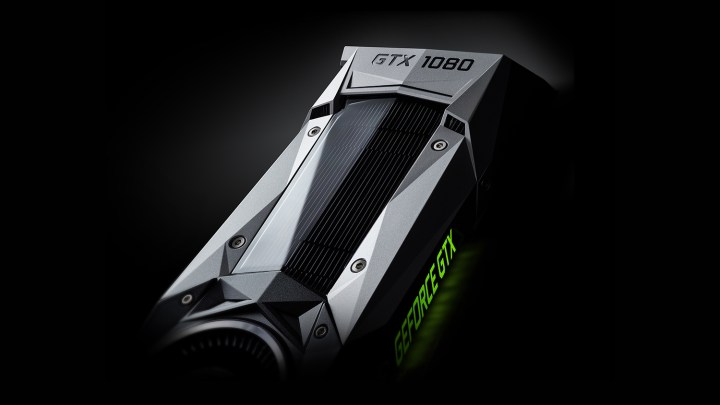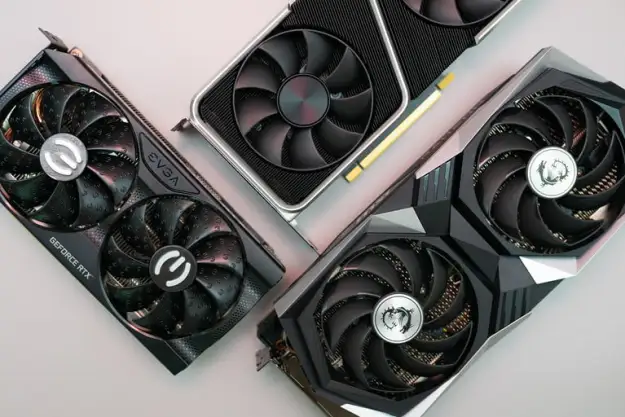
One of the most popular ways to encourage gamers to buy the latest generation of graphics card, is to bundle a new game or two with them. Nvidia and AMD take part in that promotional system, but people don’t always play those games. Maybe they already own them or aren’t interested, but some would gift the game to friends, or sell the codes to help pay for their new hardware.
To make sure that doesn’t happen in the future, Nvidia’s GeForce Experience, where gamers must register the code, will perform a hardware check to see if they are using the card the game was given out with. As Ars Technica highlights, it’s not clear right now if the game will be connected to individual cards, or just the same product range — which would give a little wiggle room on the resale angle.
However, game keys are also being region-locked, so you can’t register it elsewhere and your account will need to be of an appropriate age for the game in question.
All of this means that you will need your graphics card in place before trying to redeem the code. While this is likely to be the case for most buyers of new graphics cards, hopefully Nvidia makes this obvious at the point of redemption, as otherwise it could be faced with a few eager gamers unable to use their codes because they decided to register before installing the card.
As some have pointed out, this may not be a move designed to combat key resale but one that pushes people to install the GeForce Experience application. The app allows for quicker and easier driver updates, as well as in-game streaming and promotions.
Looking at Nvidia’s terms and conditions for its key bundles, it’s worth pointing out that if you already own a game with a promotion and it’s linked with the appropriate account on Steam, Uplay or Origin, you won’t receive one as part of your bundle. Make sure you take that into consideration when buying a new card.
Editors' Recommendations
- You shouldn’t buy these Nvidia GPUs right now
- Nvidia DLSS is amazing, but only if you use it the right way
- Nvidia is the ‘GPU cartel,’ says former AMD Radeon manager
- Nvidia’s RTX Video can upscale blurry YouTube videos
- Intel may already be conceding its fight against Nvidia




